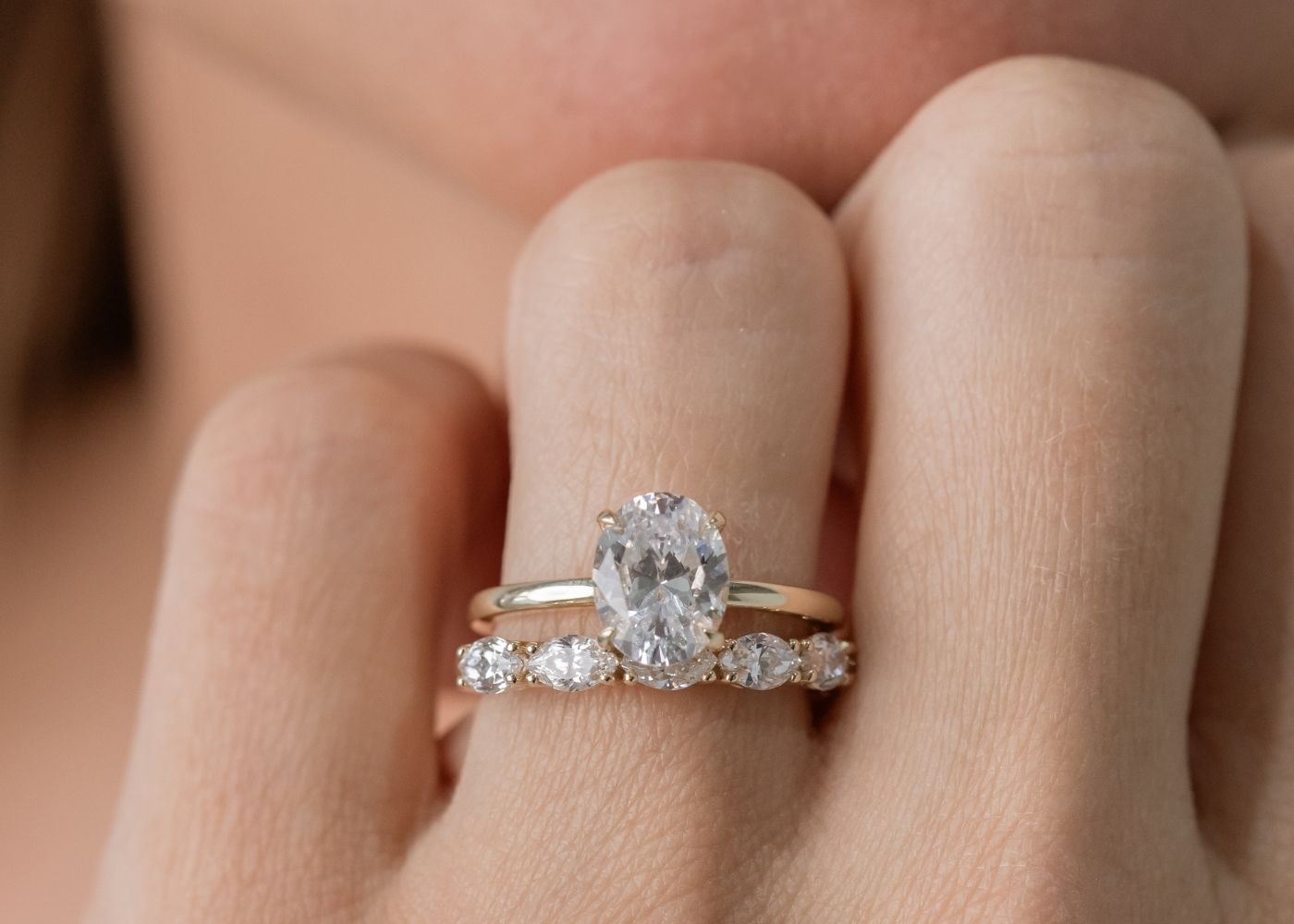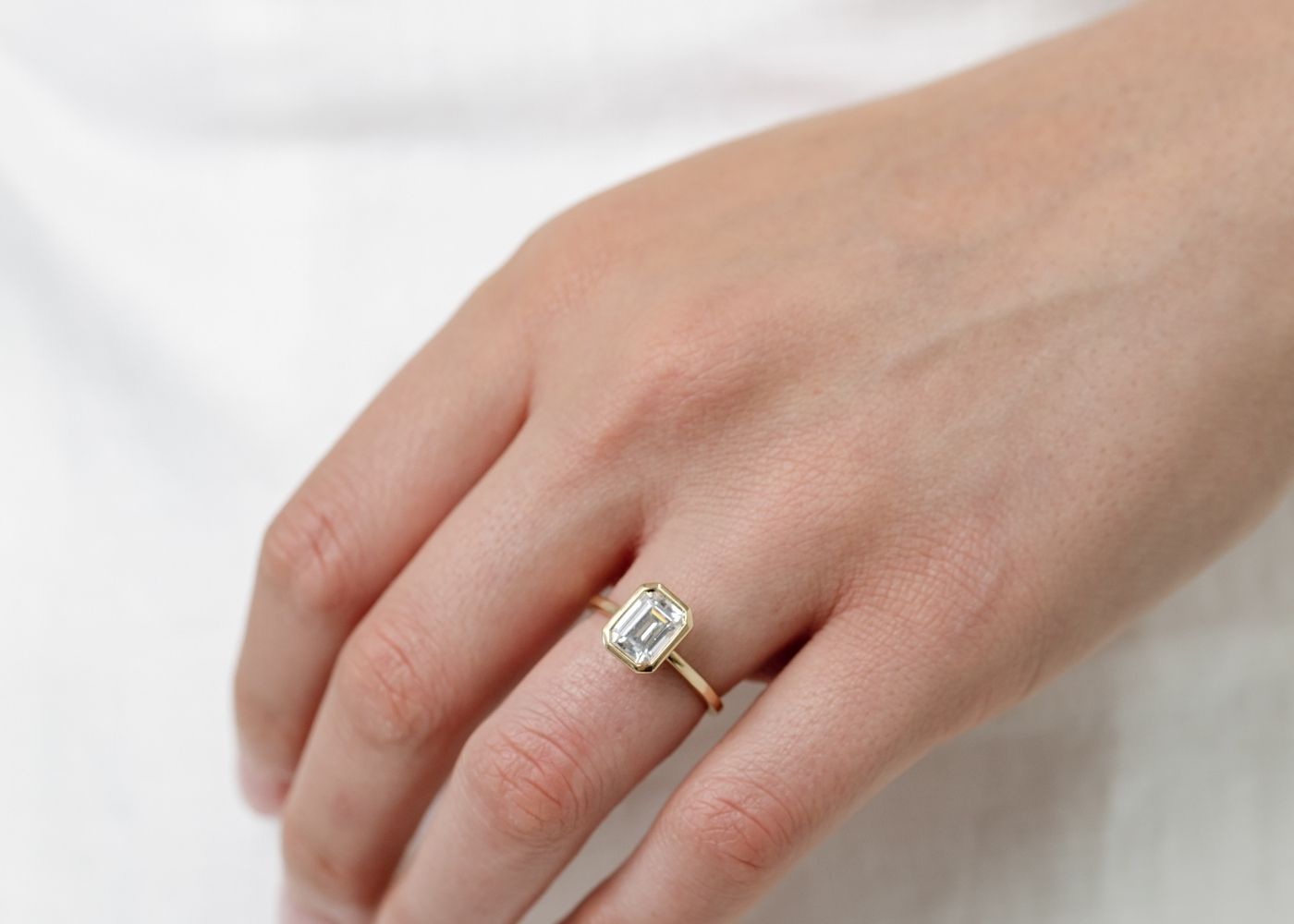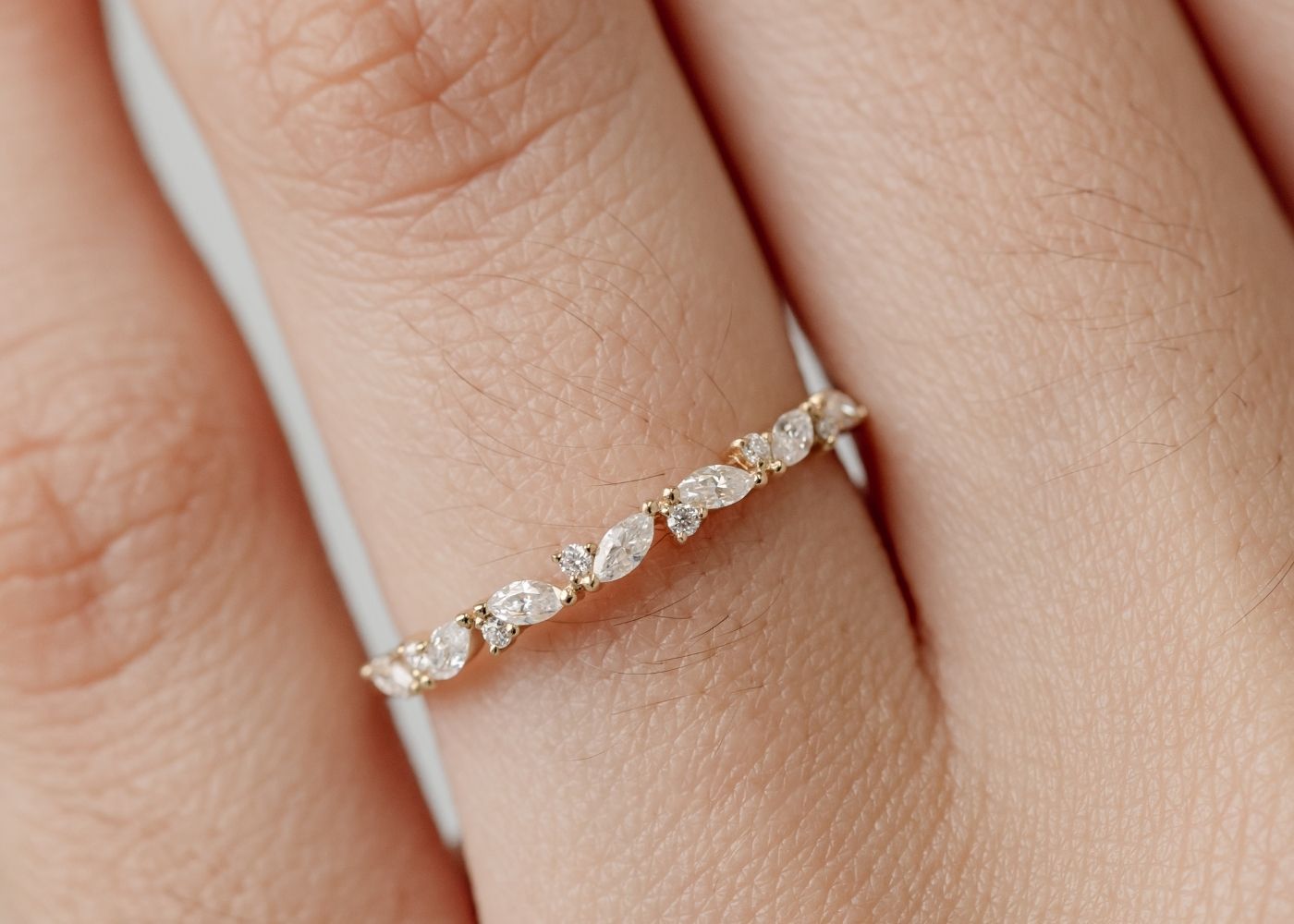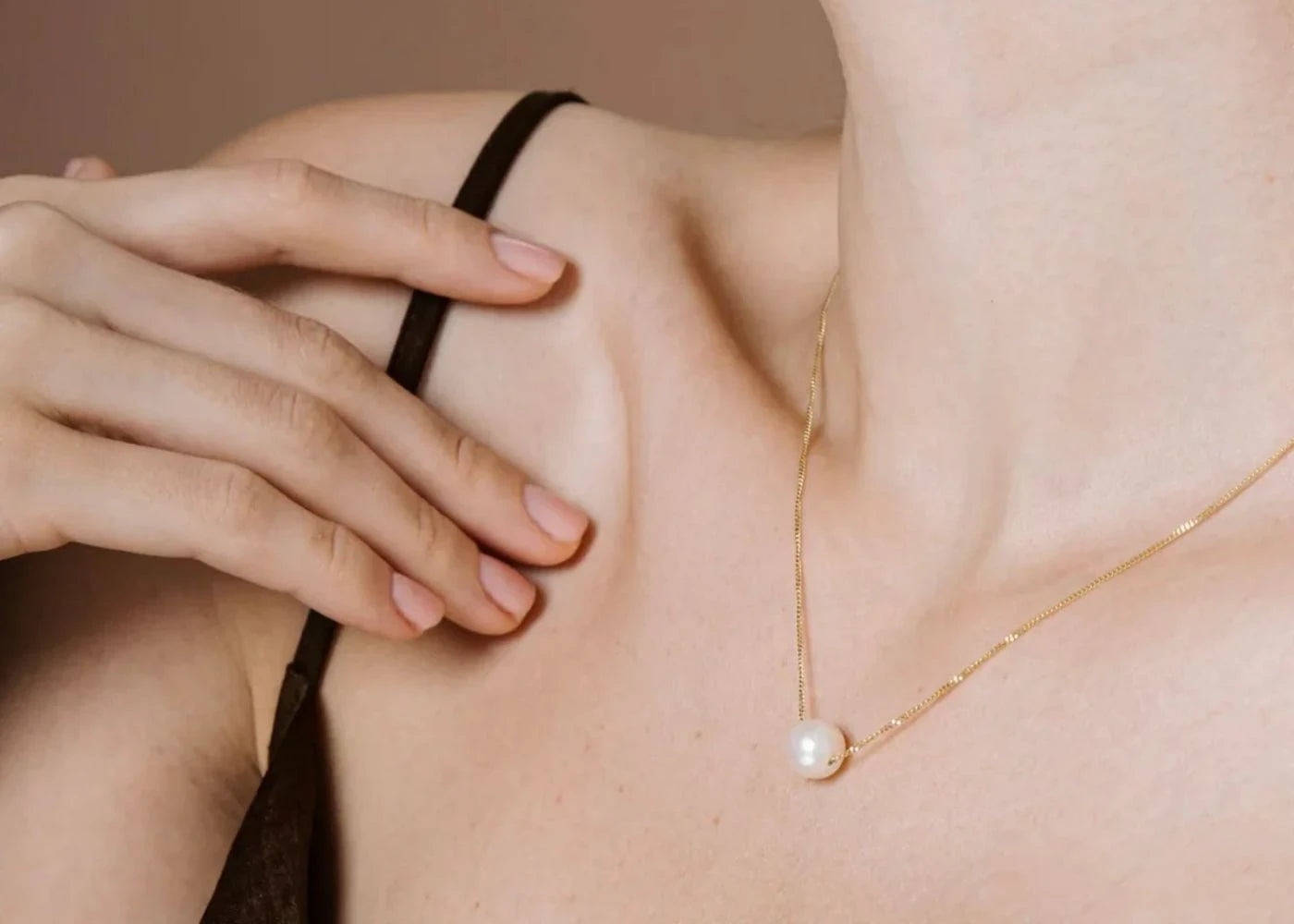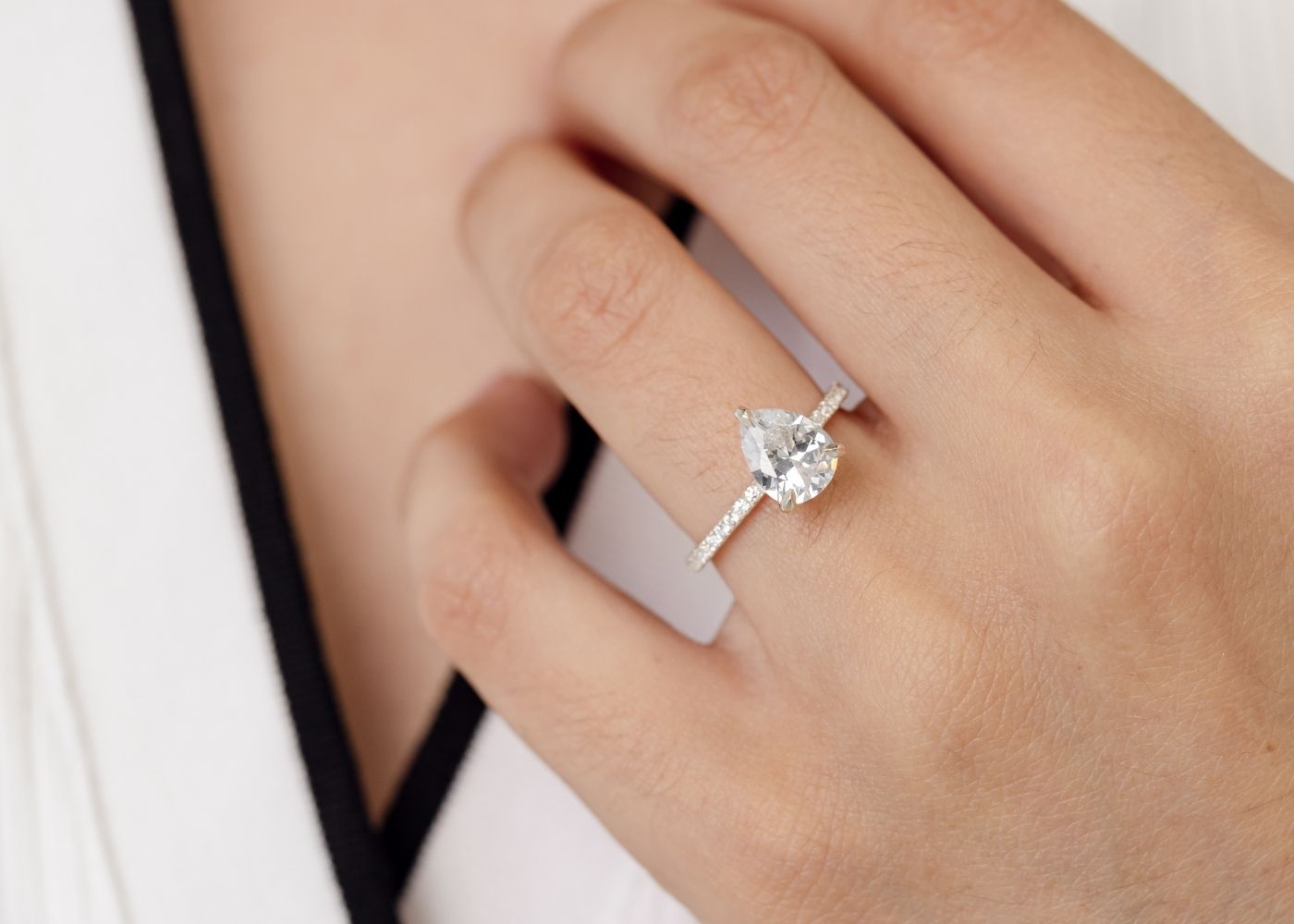Sancy
History and Ownership of the Sancy Diamond
- The diamond was initially called the Balle de Flandres and weighed over 100 carats.
- It was part of Valentina Visconti's dowry when she married Louis I, Duke of Orléans in 1398.
- The diamond passed through various owners, including Charles the Bold, Duke of Burgundy, and King Manuel I of Portugal.
- Nicolas de Harlay, seigneur de Sancy, purchased the diamond, possibly in Constantinople.
- Henry III and Henry IV of France borrowed the diamond for different purposes.
- King James VI and I of England purchased the diamond from de Sancy in 1605.
- It was set into the Mirror of Great Britain.
- The diamond was briefly possessed by Charles I and then by his son James II.
- Cardinal Mazarin bought the diamond from James II in 1657.
- The diamond disappeared during the French Revolution when the Royal Treasury was raided.
- Prince Paul Demidoff bought the diamond in 1828 and gave it to his Finnish wife, Aurora Demidoff.
- Aurora Karamzin sold the diamond in 1865 to cover her son's debts.
- Sir Jamsetjee Jeejeebhoy, an Indian merchant prince, purchased the diamond in 1865.
- The diamond reappeared in 1906 when William Waldorf Astor bought it.
- The Astor family owned the diamond for 72 years before selling it to the Louvre in 1978.
Further Reading on the Sancy Diamond
- 'Famous Diamonds' by Ian Balfour provides more information about the Sancy diamond.
- 'Legendary Gems or Gems That Made History' by E. Burton discusses the diamond's historical significance.
- 'Hope: Adventures of a Diamond' by M. Fowler mentions the Sancy diamond.
- 'The Sancy Blood Diamond: Power, Greed, and the Cursed History of One of the World's Most Coveted Gems' by Susan Ronald delves into the diamond's cursed history.
- 'Famous Diamonds of the World' by R. Shipley provides insights into the Sancy diamond.
- 'Diamonds: An Early History of the King of Gems' by Jack Ogden offers insights into the history of diamonds.
- 'Famous Diamonds' by Iain Balfour provides references and information about famous diamonds.
- 'Character Sketches Of Romance, Fiction And The Drama, Volume 3' by Ebenezer Cobham Brewer mentions the Sancy diamond.
- 'The Nature of Diamonds' by George E. Harlow discusses various aspects of diamonds.
- 'The diamond mines of South Africa' by Gardner Fred Williams provides information about diamond mining in South Africa.
Historical Facts about the Sancy Diamond
- The diamond was initially called the Balle de Flandres and weighed over 100 carats.
- It was part of Valentina Visconti's dowry when she married Louis I, Duke of Orléans in 1398.
- The diamond passed through various owners, including Charles the Bold, Duke of Burgundy, and King Manuel I of Portugal.
- Nicolas de Harlay, seigneur de Sancy, purchased the diamond, possibly in Constantinople.
- Henry III and Henry IV of France borrowed the diamond for different purposes.
- King James VI and I of England purchased the diamond from de Sancy in 1605.
- It was set into the Mirror of Great Britain.
- The diamond was briefly possessed by Charles I and then by his son James II.
- Cardinal Mazarin bought the diamond from James II in 1657.
- The diamond disappeared during the French Revolution when the Royal Treasury was raided.
Ownership History of the Sancy Diamond
- King James VI and I of England purchased the diamond from de Sancy in 1605.
- It was set into the Mirror of Great Britain.
- The diamond was briefly possessed by Charles I and then by his son James II.
- Cardinal Mazarin bought the diamond from James II in 1657.
- The diamond disappeared during the French Revolution when the Royal Treasury was raided.
- Prince Paul Demidoff bought the diamond in 1828 and gave it to his Finnish wife, Aurora Demidoff.
- Aurora Karamzin sold the diamond in 1865 to cover her son's debts.
- Sir Jamsetjee Jeejeebhoy, an Indian merchant prince, purchased the diamond in 1865.
- The diamond reappeared in 1906 when William Waldorf Astor bought it.
- The Astor family owned the diamond for 72 years before selling it to the Louvre in 1978.
Recommended Reading on Diamonds and Famous Gems
- 'Famous Diamonds' by Ian Balfour provides more information about the Sancy diamond.
- 'Legendary Gems or Gems That Made History' by E. Burton discusses the diamond's historical significance.
- 'Hope: Adventures of a Diamond' by M. Fowler mentions the Sancy diamond.
- 'The Sancy Blood Diamond: Power, Greed, and the Cursed History of One of the World's Most Coveted Gems' by Susan Ronald delves into the diamond's cursed history.
- 'Famous Diamonds of the World' by R. Shipley provides insights into the Sancy diamond.
- 'Diamonds: An Early History of the King of Gems' by Jack Ogden offers insights into the history of diamonds.
- 'Famous Diamonds' by Iain Balfour provides references and information about famous diamonds.
- 'Character Sketches Of Romance, Fiction And The Drama, Volume 3' by Ebenezer Cobham Brewer mentions the Sancy diamond.
- 'The Nature of Diamonds' by George E. Harlow discusses various aspects of diamonds.
- 'The diamond mines of South Africa' by Gardner Fred Williams provides information about diamond mining in South Africa.
Sancy Data Sources
| Reference | URL |
|---|---|
| Glossary | https://harryandcojewellery.com.au/blogs/glossary/sancy |
| Wikipedia | http://en.wikipedia.org/wiki/Sancy |
| Wikidata | https://www.wikidata.org/wiki/Q1632223 |
| Knowledge Graph | https://www.google.com/search?kgmid=/m/02v765 |

